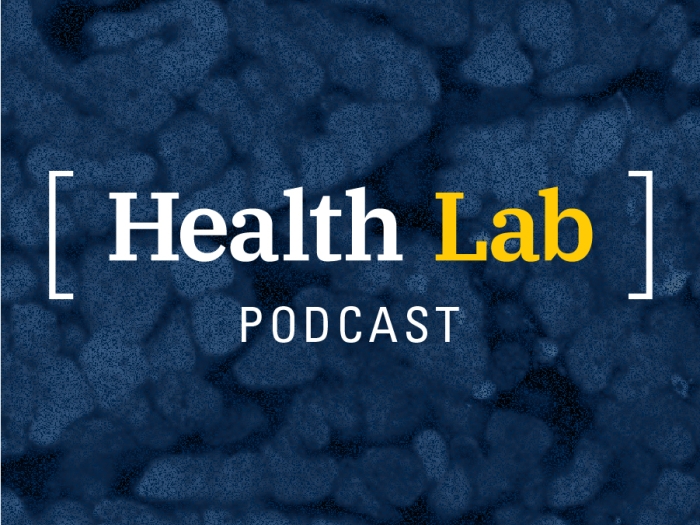Caregivers of children with obesity were more than 90 percent more likely to use direct statements to prevent children from eating junk food, according to a new study.
7:00 AM
Author |

It's a familiar scene at a birthday party: As a child goes back for a second cupcake or piece of cake, a parent says he has had enough sweets.
MORE FROM MICHIGAN: Subscribe to our weekly newsletter
But the rebuke may differ family to family. In a small new study, researchers found caregivers of children with obesity may be more likely to use direct statements to restrict a child's eating.
A research team led by University of Michigan C.S. Mott Children's Hospital videotaped 237 mothers and children who were seated alone in a room and presented with different foods, including chocolate cupcakes. Direct commands like "only eat one" were more often used among mothers of children with obesity while eating dessert, according to the findings published in the Journal of Nutrition Education and Behavior.
Meanwhile, mothers of children who did not have obesity on a body mass index scale were more likely to guide children with indirect comments such as, "That's too much. You haven't had dinner."
"Current child obesity guidelines remain silent on how parents should talk to their children about limiting food intake," says lead author Megan Pesch, M.D., a developmental and behavioral pediatrician at Mott.
"There is some conflicting advice on the best approach. On one hand, overly restricting food could backfire and actually lead to overeating. But parents also want to encourage healthy habits. We wanted to study these family dynamics to see how adults try to get kids to eat less junk food."
Pesch notes that in most other areas of child development, such as discipline and sleep, direct and firm imperatives are linked with improved child compliance and behaviors.
But when it comes to food, expert advice is more mixed.
"Indirect or subtle statements don't seem to work as well in general parenting," she says. "Direct messages are usually easier for kids to interpret and understand where the limits are.
"But there's more sensitivity around how to talk to children about eating and weight.
"To our knowledge, there are also no studies that have examined the impact of parental direct imperatives in restricting a child's intake of unhealthy food."
We hope to find better answers to the ultimate question of what parents should do to help set their child up for healthy eating long term.Megan Pesch, M.D.
The ultimate goal
The study included low-income, female primary caregivers with children ages 4 to 8. Ninety-five percent of caregivers were biological mothers, with the remainder including mostly grandmothers and stepmothers.
SEE ALSO: Most U.S. Adults Say Today's Children Have Worse Health
Pesch says there's sometimes a stereotype that parents of children with obesity are less conscious of their children's eating habits, but the observational study helps debunk some of those misconceptions.
"There's often this perception that parents of children with obesity let their kids eat voraciously and don't manage their child's diet," she says. "But the mothers we observed were on it. They were attentive and actively trying to get their children to eat less junk food.
"These mothers may be quite invested in wanting their children to have the best possible health outcomes."
Pesch says the U-M developmental and behavioral research team plans to further study what language and communication tactics are most effective in encouraging healthy eating among children.
"The finding that mothers of children with obesity used more direct imperatives to restrict eating may have important implications for practice guidelines and future research," she says.
"Direct imperatives may in fact have a healthy, adaptive role in approaches to feeding to prevent childhood obesity, but we have to do more work to understand the nuances."
"So many of the guidelines are focused on what not to do," Pesch adds. "There's a lot of emphasis on what parents shouldn't be doing and what doesn't work. We hope to find better answers to the ultimate question of what parents should do to help set their child up for healthy eating long term."

Explore a variety of health care news & stories by visiting the Health Lab home page for more articles.

Department of Communication at Michigan Medicine
Want top health & research news weekly? Sign up for Health Lab’s newsletters today!





